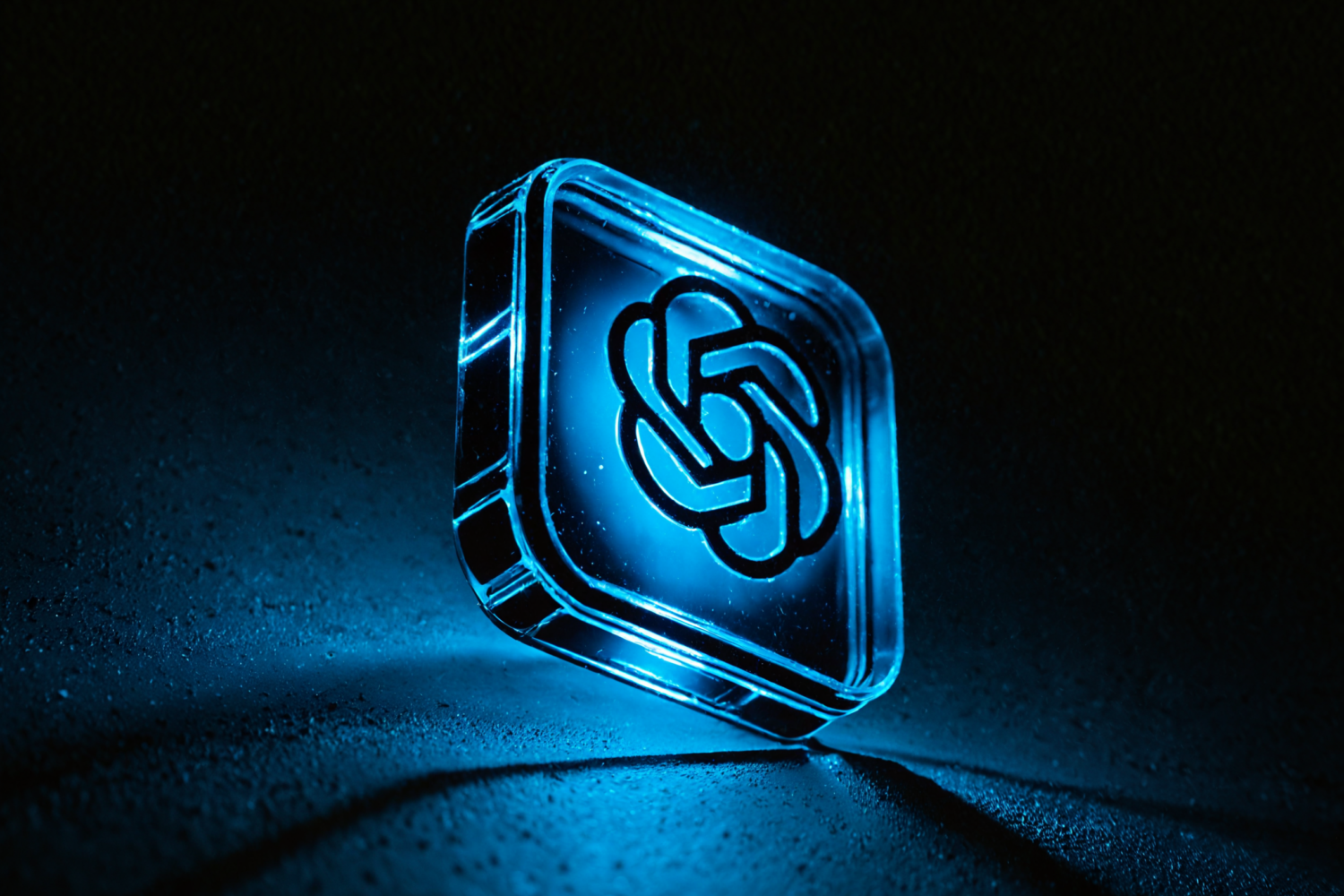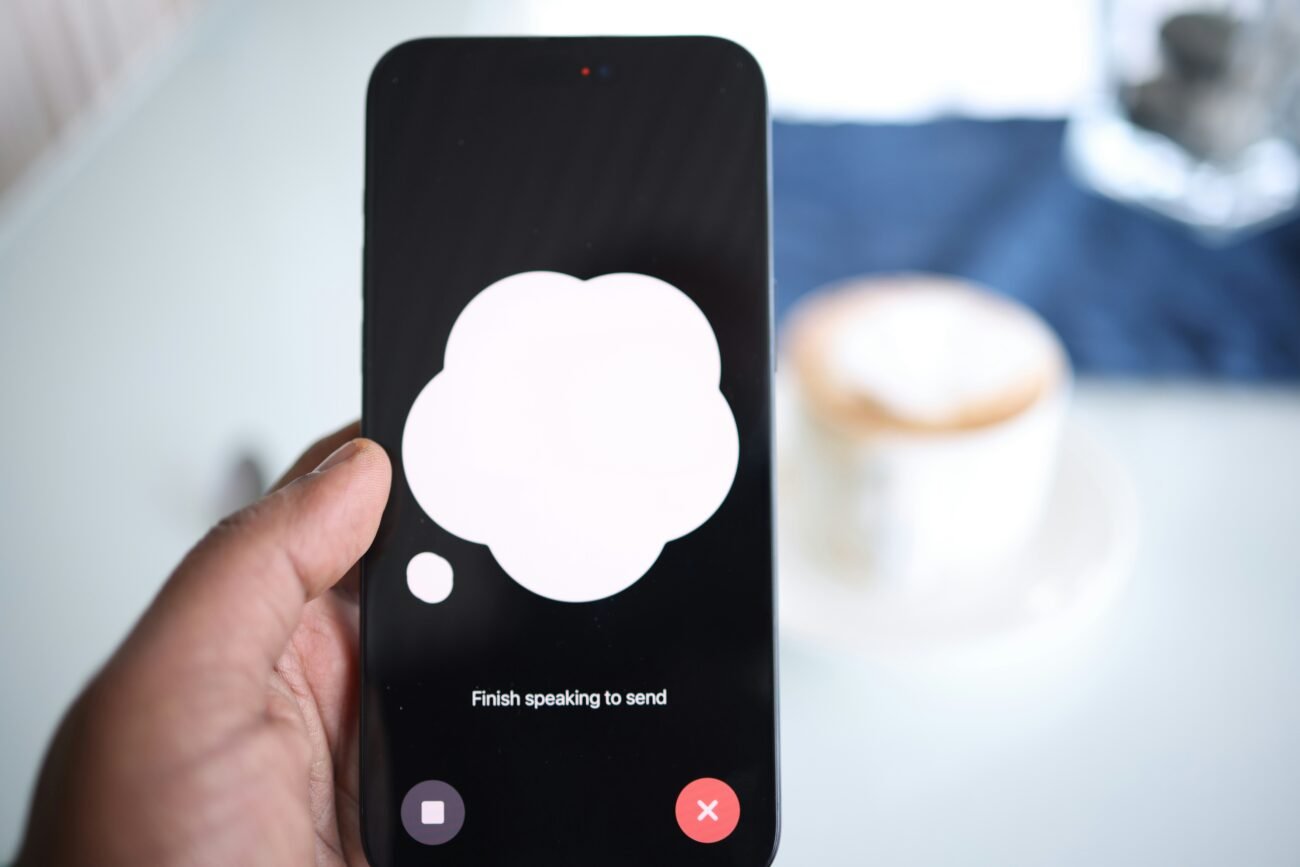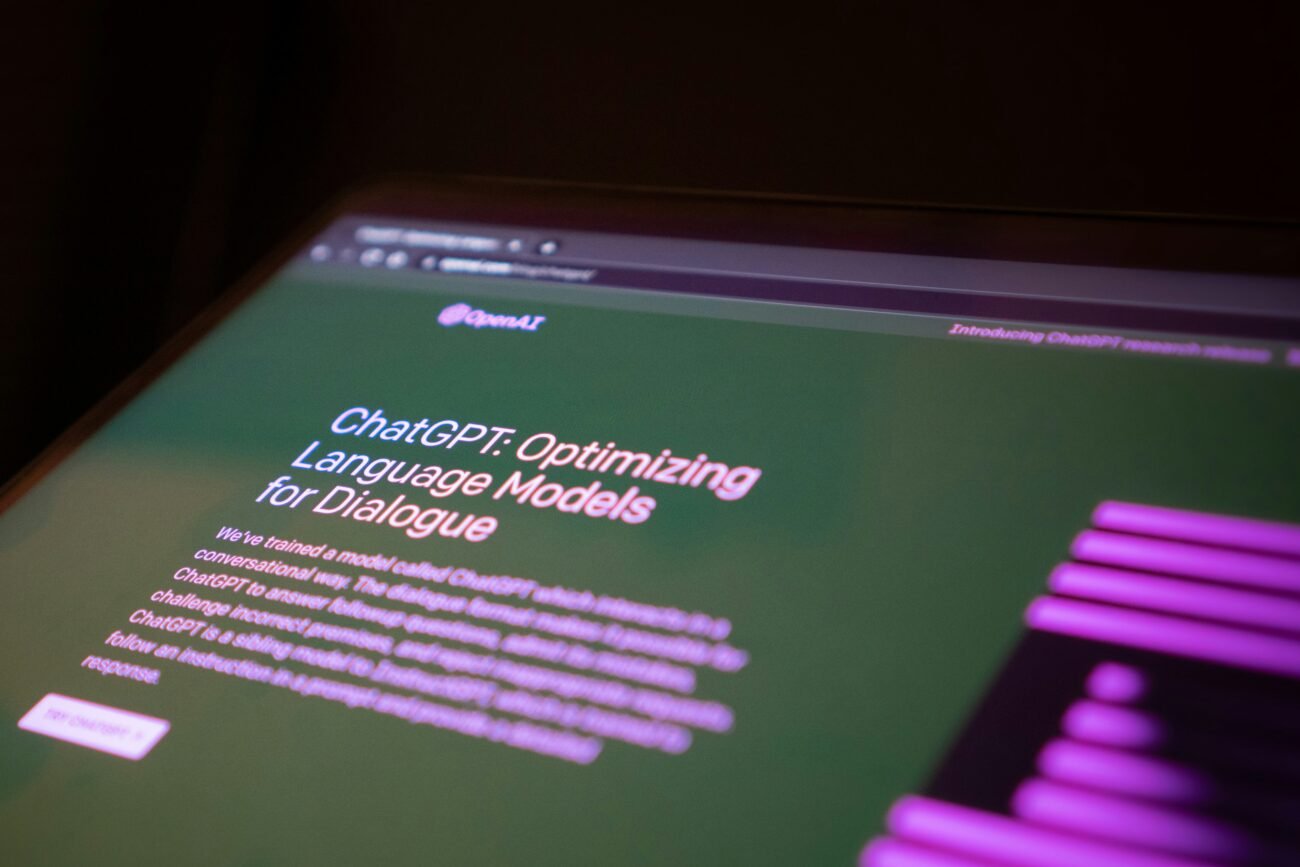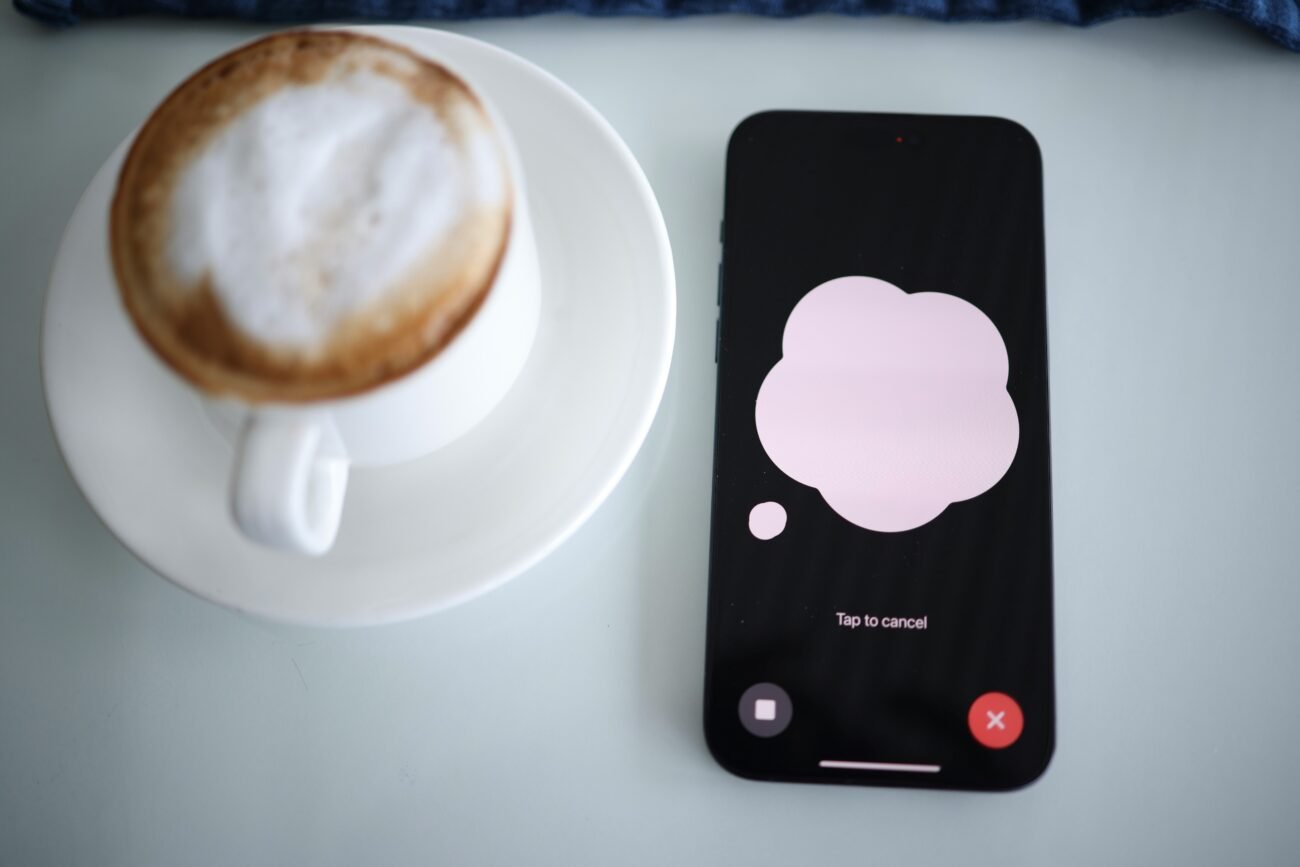The recent issue involving OpenAI, the firm behind ChatGPT, a well-known AI personal assistant, and famous actress Scarlett Johansson has created a bit of controversy in the artificial intelligence community. The dispute emerged from the resemblance between Johansson’s voice and ChatGPT’s new voice, Sky, generating a heated legal and ethical talk.
"I look forward to resolution in the form of transparency and the passage of appropriate legislation to help ensure that individual rights are protected"
Johansson’s lawyer have written two letters to OpenAI requesting that the business reveal the specifics of the Sky voice’s creation. During a live presentation of the new ChatGPT, several attendees noticed the similarities and immediately compared the voice to Scarlett Johansson’s from the 2013 movie “Her.” The analogies were heightened by OpenAI CEO Sam Altman by writing “Her” on a post on the social media platform, X. However, the business subsequently refuted any relationship between Johansson and the virtual assistant.
OpenAI suddenly removed the Sky voice, claiming to be answering “questions about how we chose the voices in ChatGPT.” This was an unusual turn of events. After months of convincing Johansson for the role, Altman made this move, and she turned down the opportunity to license her voice for the ChatGPT voice assistant. Johansson feels betrayed because of the timing of these events.
The dispute has highlighted the absence of legal protections for the use of creative work in the development of cutting-edge AI systems. Using the experience as a foundation, Johansson has called attention to this problem, calling it “alarming” in an era of general disinformation on the internet.
Johansson and the Sky voice, according to OpenAI, have nothing to do with one another. Instead, the voice was created using the voice provided by another actress, whose name the business is hiding. In the upcoming weeks, the company’s new voice assistant, GPT-4o, will be made available to the general public. It can recognize emotions, read facial expressions, and even sing on demand.
According to Visar Berisha, a professor at Arizona State University, “it’s hard to predict how advanced AI voice assistants will change society.” The Johansson and OpenAI event serves as a sobering reminder of the moral and legal implications that arise from such developments.
"We cast the voice actor behind Sky’s voice before any outreach to Ms. Johansson. Out of respect for Ms. Johansson, we have paused using Sky’s voice in our products. We are sorry to Ms. Johansson that we didn’t communicate better"
In her whole statement, Johansson discusses her conversations with Altman, her surprise and anger at how much the voice of Sky resembles her own, and her demand for laws to safeguard individual rights and transparency. This high-profile event, which involves a well-known actress and a major AI company, highlights how urgently we need to have a comprehensive and sensitive discussion about the future of AI and how it can affect our lives.
Important concerns regarding the future of artificial intelligence and its possible effects on the creative industries are taken up by the dispute between Scarlett Johansson and OpenAI. It may get harder to tell the difference between content produced by AI and content written by humans as AI technology develops. This can result in a scenario where work produced by AI is exploited without giving due credit or compensation to the original producers.
The development of AI artist agents is one potential fix for this issue. These agents would be in charge of protecting the legal rights to content produced by humans and artificial intelligence, as well as making sure that due credit and compensation are provided. But this approach also presents a new set of problems and issues, such how to fairly divide remuneration and assess how original AI-generated work is.
The possibility of giving AI feelings is another one raised by this debate. The fact that AI-generated voices can already be used to replicate human emotions presents significant ethical and philosophical issues, even though this may seem like a distant possibility. Is it appropriate to provide AI with the capacity for feeling and communicating emotions, or is this an exclusively human trait that shouldn’t be duplicated?
In the end, the disagreement involving Scarlett Johansson and OpenAI shows the necessity of continuing the conversation and analysis on artificial intelligence’s future. It is essential that we think about the potential implications of this technology as it develops and becomes more common in our lives and strive to build an inventive and morally sound future.




